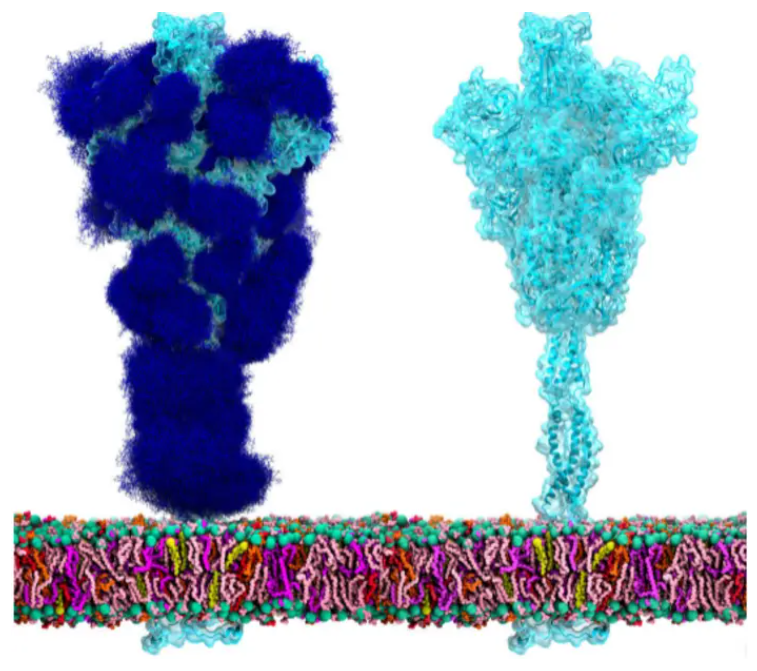
The COVID-19 pandemic may have led to a decrease in oncology clinical trials, according to a research letter.
The researchers compared the number of phase 1 through 4 oncology trials of drugs or biological agents that launched during five eight-month periods (October through May) over five successive years, for a total of 40 months. January 2020 through May 2020 (five months) was defined as the pandemic period; the 35 months preceding that time was defined as the prepandemic period.
Clinical data were collected from the Medidata Enterprise Data Store, encompassing studies using the RAVE electronic data capture platform. (During the study period, 29% of all oncology industry-sponsored interventional trials of oncology drugs or biological agents around the world were hosted by RAVE, the researchers noted.)
About 20% of the studies launched on the RAVE platform during the study period were in oncology, for a total of 1,440 trials that launched in 91 countries. During the four prepandemic periods, in sequential order, the number of trials launched was 229, 304, 340, and 376. During the pandemic period, 191 trials launched. According to the study authors, oncology trial launches decreased by 60% during the pandemic period compared to the prepandemic period (incidence rate ratio, 0.40; 95% confidence interval, 0.28-0.55). The rate of trial launches over the prepandemic periods remained constant.
“he findings extend existing research by suggesting that beyond its direct effect on population morbidity and mortality resulting from infection and less-direct effects associated with decreased health care use for other conditions, the COVID-19 pandemic may be associated with longer term indirect effects on population morbidity and mortality through pathways such as arrested drug development,” the study authors wrote. “This large pandemic-associated decrease in trial launches raises concern regarding its potential negative impact on the development of new cancer therapies, and to the extent that these findings are generalizable to other conditions, the momentum of scientific progress for other disease areas as well.”
The results were published in JAMA Network Open.







 © 2025 Mashup Media, LLC, a Formedics Property. All Rights Reserved.
© 2025 Mashup Media, LLC, a Formedics Property. All Rights Reserved.